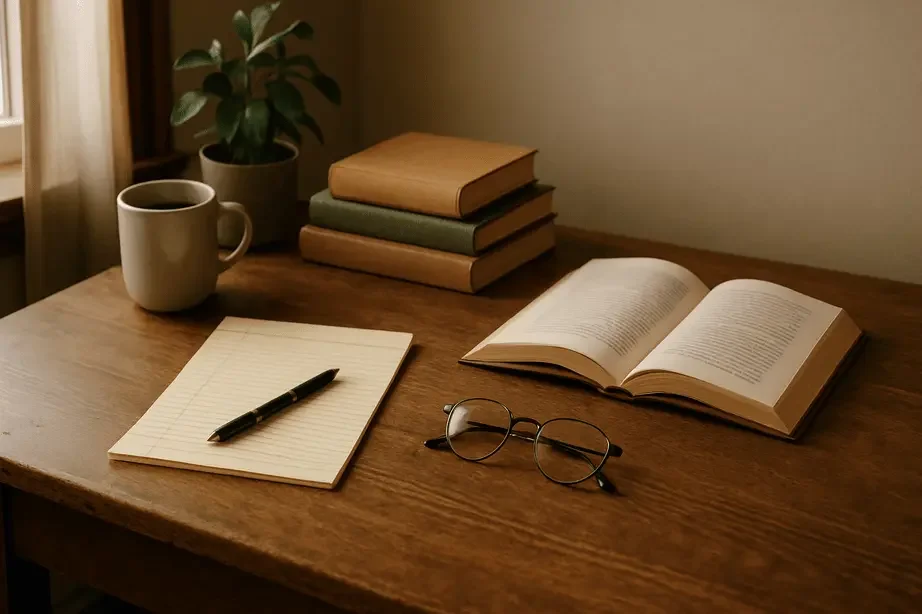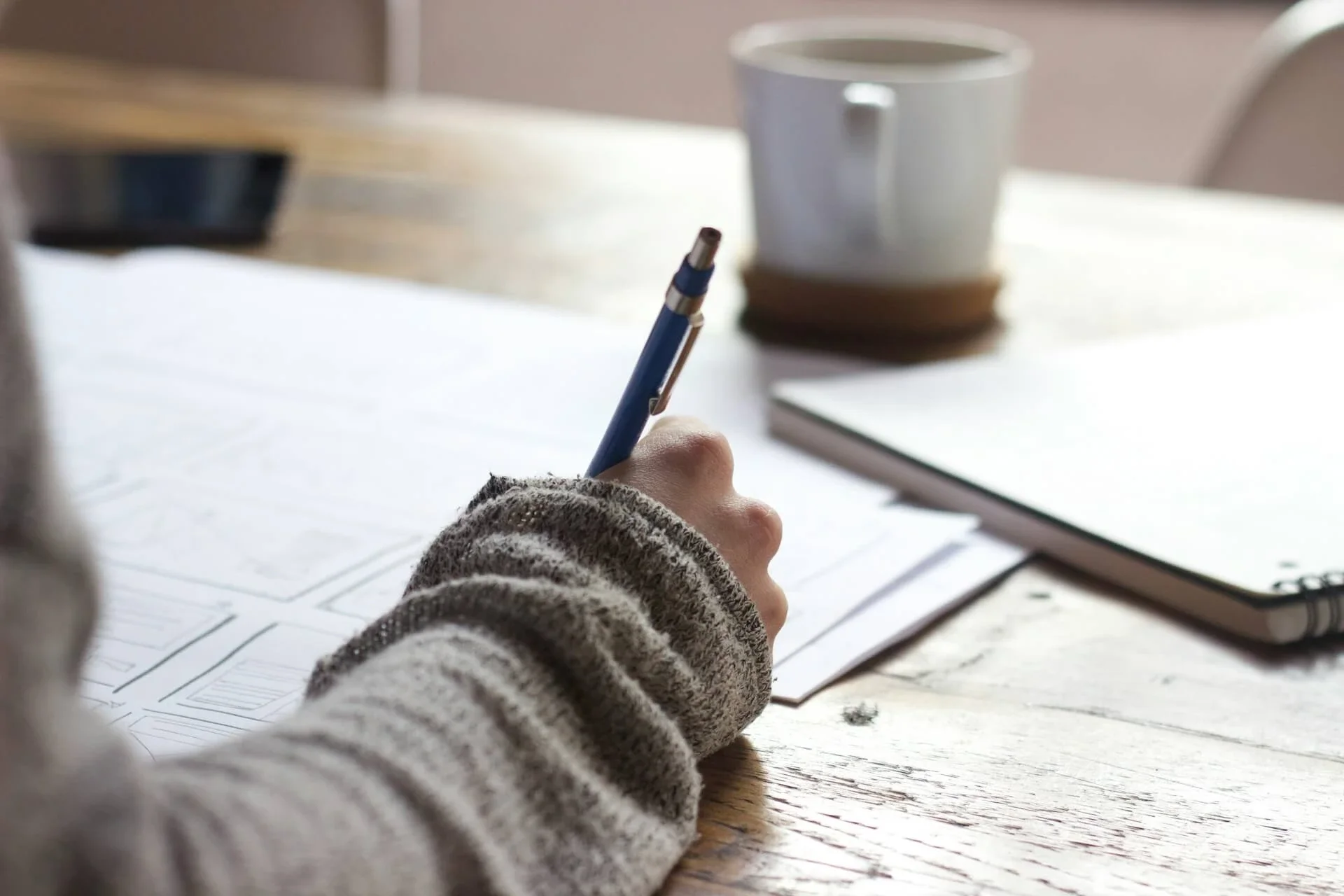CBT for ADHD in Gainesville Florida
Practical, CBT-informed support for attention, routines, and follow-through
Hello, I’m Joseph Brooks. I offer CBT-informed ADHD counseling in Gainesville, with secure telehealth available across Florida.
Below is a clear overview of how CBT is used in ADHD therapy and how to tell if this approach may be a good fit.
For a full overview of my ADHD counseling services in Gainesville and across Florida, visit: ADHD Therapy Overview.
Common Focus Areas in CBT for ADHD
CBT, Cognitive Behavioral Therapy, is a structured approach that helps you notice patterns, test small changes, and build skills that hold up in daily life.
For ADHD-related challenges, CBT often focuses on practical friction points such as:
Trouble starting tasks
Your brain knows the steps, but getting started feels harder than it shouldMotivation that comes and goes
Some days feel productive. Others feel harder to access.Forgetfulness and disorganization
You’re trying — it just isn’t consistent.
CBT breaks these patterns down into smaller, more workable pieces.
What CBT Can Offer for Structure and Routine
Think of CBT as a toolbox.
CBT often supports changes like:
Experiment with new routines that might fit your day
Break tasks into tiny, doable steps
Explore ways to manage your time more effectively
Strategies for encouragement instead of self-criticism
Sessions often end with one or two small ideas to try, never an overwhelming list.
What We Actually Do in CBT Sessions
CBT is collaborative and concrete. Sessions often include:
Clarifying one or two goals that matter most right now
Identifying what blocks follow-through in real situations
Testing small, realistic adjustments between sessions
Reviewing what worked, what didn’t, and refining the plan
CBT tends to work best when the plan is simple enough to repeat. We aim for changes you can actually maintain.
Do You Need a Diagnosis First?
No. Many people start counseling for focus, overwhelm, procrastination, and routine challenges before pursuing an evaluation.
If you later decide you want an evaluation for school, work, or personal clarity, I can share local referral options in Gainesville.
Next Step
If you’ve been searching for CBT for ADHD in Gainesville, you’re welcome to reach out.
If you’d like a broader picture of ADHD counseling first, you can start with the ADHD Therapy Overview.
You can learn more about me and my approach here.
You’re also welcome to schedule a session or a brief consultation to see whether this approach feels like a good fit.
Further Reading
Prefer to learn more before deciding? Here are a few helpful reads:
Do I Have ADHD? →
An overview of common ADHD-related patterns and what an evaluation usually involves.ADHD and Digital Distraction →
How screen habits and overstimulation can amplify urgency, avoidance, and emotional swings.


